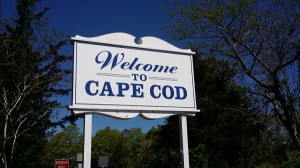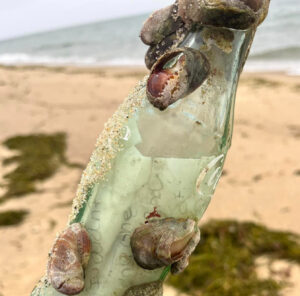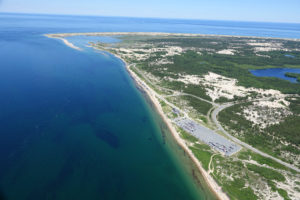HYANNIS – The Trump Administration is considering the elimination of the J-1 Visa program, which is concerning many Cape Cod officials who said it would devastate the region’s summer economy.
According to Congressman Bill Keating’s office, about 7,000 students come to the state for cultural and work exchange, with about 4,200 H-2B workers employed on the Cape and Islands during the summer season.
The H-2B visa program allows adult workers to come into the country to work for up to nine months.
There were new regulations introduced this year for the H-2B program, limiting the number of applicants.
Keating said discontinuing it or decreasing the J-1 visa program would have devastating consequences for employers and seasonal businesses.
“The Summer Work Travel Program is a positive, impactful experience for everyone involved,” said Congressman Keating.
“The students experience American culture and values, so much so that over three-fourths of the participants report more positive views of America at the end of their stay. There is simply no reason for the Trump Administration to do this. They are putting their own apparent xenophobia before the livelihoods of American citizens.”
Cape and Islands State Senator Julian Cyr was disappointed with the news about the program’s possible future.
He said that he grew up working alongside Serbian, Czech, Irish, Bulgarian and Italian university students in his family’s restaurant, thanks to the J-1 Visa program.
“President Trump’s short-sighted intention to eliminate the J-1 Visa program will harm small businesses and tourism on the Cape and Islands,” said Cyr.
Cape Cod Chamber of Commerce CEO Wendy Northcross has reached out to U.S. Treasury Secretary Steve Mnuchin, who also sits on the President’s Council of Economic Advisors, in the hopes that they will have a more sympathetic view on the Cape’s regional economy.
Some of those affected by the elimination of the J-1 program would be the National Park Service.
“All have visitor centers and gift shops and ranger programs and they have peak season needs that are hugely supplemented by the J-1 Visa college students that are here,” said Northcross.
She said that she expected that a decision by the federal government about the future of the program could come next month.
Depending on the decision, Northcross said that it could have big impact on the region.
“Potentially half of our seasonal workforce could be affected by some of these decisions,” said Northcross.
By JUSTIN SAUNDERS, CapeCod.com Newscenter

























